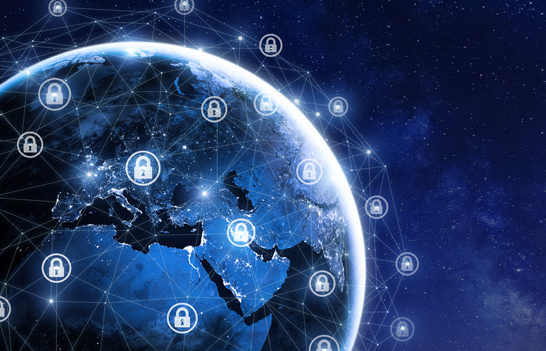Cybersecurity: How to Protect Yourself and Your Company
Just recently, Equifax had the largest-ever settlement for a data breach. They are to pay at least $575 million, and potentially as much as $700 million, to settle allegations over its massive 2017 data breach. What we tell clients and friends is that it’s not if, but when.
It is imperative to look forward with clear vision when it comes to data privacy and security which is one of the leading challenges facing today. The statistics are sobering. As of June 2019,
- Every 39 seconds there is a hacker attack.
- The average cost of a data breach in 2020 will exceed $150 million.
- Between 2013 and 2018 there were nearly four million records stolen from breaches every day.
- Approximately $6 trillion is expected to be spent globally on cybersecurity by 2021.
Security issues aren’t going away. If anything, they will continue to get more complex as cybercriminals increase in sophistication and continue to target the legal industry.
Cybersecurity is a rapidly rising issue. At Furia Rubel, our crisis communications team cannot stress enough the importance of familiarizing yourself with this topic.
The following cyber articles are just of few of the many that we recommend so you may understand how to protect yourself and your company from impending threats on your data and privacy.
Protect Yourself from Phishing Scams
Phishing scams are becoming harder and harder to detect due to how realistic they appear in your inbox. Gina Rubel, Founder and CEO of Furia Rubel Communications, discusses in her article “Protecting Yourself from Phishing Scams” the importance of carefully analyzing an email before clicking the attached link. The moment you open up a phishing link you are putting yourself, your company, employees, friends, family clientele, and confidential information at risk to be compromised.
https://www.furiarubel.com/news-resources/protect-yourself-from-phishing-scams/
How to Protect Yourself From Fraud and Identity Theft
U.S. News & World Report did a consumer protection survey in February and asked approximately 1,500 consumers about their experiences with scams within the past three years. Consumers were also asked if they’re proactive about limiting their exposure to fraud or identity theft. This article by credit card expert, Beverly Harzog, discusses the results of that survey and how to protect yourself. She includes Phishing scams, romance scams, third-party data breaches, and Social Security scams.
https://creditcards.usnews.com/articles/how-to-protect-yourself-from-fraud-and-identity-theft
How To Protect Your Website Against Malware
Any company that’s been infected with malware knows the nightmare to get a website back up and running. Entrepreneur’s article “More Than 150,000 U.S. Small-Business Websites Could Be Infected with Malware at Any Given Moment. Here’s How to Protect Yours” provides tips including managing your passwords across different sites, setting up an email account recovery method to protect against phishing attacks, backing up your data, adding a DNS security tool that will block any suspicious sites, and signing up for a website security company.
https://www.entrepreneur.com/article/335195
How to Create a Crisis Response Plan
Cyberattacks are becoming more and more common, making it that much more important to have a strong crisis response plan set in place. A Legaltech News article “Crisis Management 101: 6 Keys to Solidifying Your Crisis Reponses Plan” enlightens readers on six keys to consider in your crisis response plan: preparedness, first response, keep communicating, resolution strategy, legal considerations, and fixing what goes wrong.
The Best Password Managers For 2019
We reviewed a number of articles and found DigitalTrends.com to be the most complete and easiest to navigate.
https://www.digitaltrends.com/computing/best-password-managers/
A Look At the Vulnerabilities and Capabilities of American Cybersecurity
NPR’s Ari Shapiro talks with former U.S. counterterrorism coordinator Richard Clarke about his new book, The Fifth Domain, co-written with Robert Knake.
Cyberattacks Wreak Havoc on Two Major U.S. Cities
The Legal Intelligencer recently shed light into the nightmare of cyberattacks on large U.S. cities. Philadelphia and Baltimore are both suffering from the aftermath of a cyberattack. The city of Philadelphia noticed unusual activity on court computers and then decided to take precautionary measures. Baltimore is slowly but surely beginning to go back online after they endured a cyberattack known as ransomware. Cyberthreats aimed at government entities are intensifying and not just an issue for private entities.
